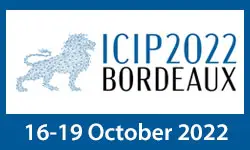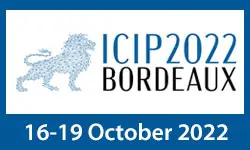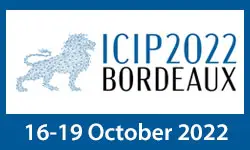-
Members: FreeSPS
IEEE Members: $11.00
Non-members: $15.00Length: 00:08:17
19 Oct 2022
Covering from photography to depth and spectral estimation, diverse computational imaging (CI) applications benefit from the versatile modulation of coded apertures (CAs). The lightwave fields as space, time, or spectral can be modulated to obtain projected encoded information at the sensor that is then decoded by efficient methods, such as the modern deep learning decoders. As the performance of the decoder mainly depends on the structure of the CA, several works optimize the CA ensembles by customizing regularizers for a particular application without considering the critical physical constraints of the CAs. This work presents an end-to-end (E2E) deep learning-based optimization of CAs for CI tasks. The CA design method aims to cover a wide range of CI problems, easily changing the loss function of the deep approach. The designed loss function includes regularizers to fulfill the widely used sensing requirements of the CI applications. Mainly, the regularizers can be selected to optimize the transmittance, the compression ratio, and the correlation among measurements. At the same time, a binary CA solution is encouraged, and the performance of the CI task is maximized in applications such as restoration, classification, and semantic segmentation.



